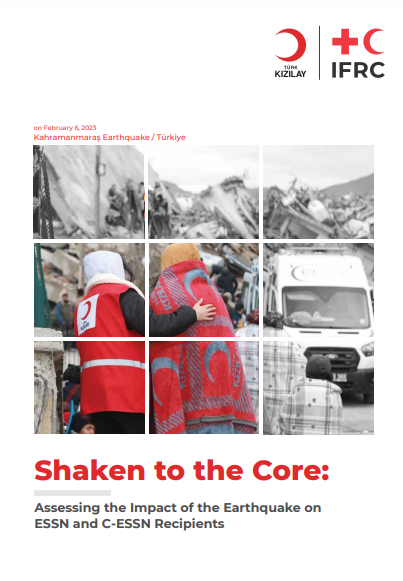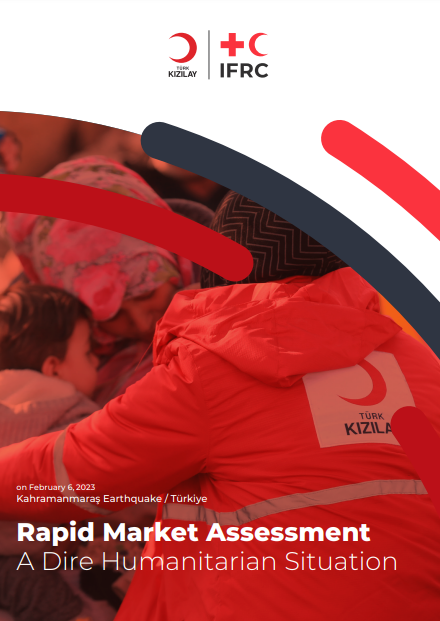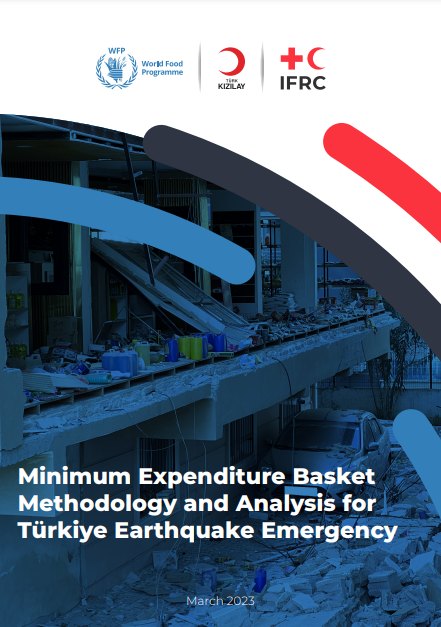Country pages
Cash in Türkiye
Learning from the Turkish Red Crescent’s comprehensive humanitarian cash programmes in Türkiye
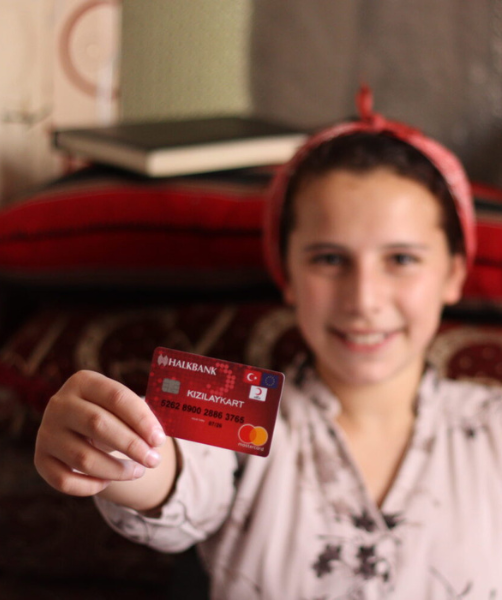
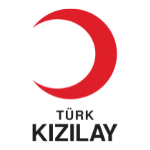
The Turkish Red Crescent (Türk Kızılay) has been at the forefront of large-scale humanitarian cash programming for the last decade. Its sector-leading Kızılaykart Platform enables simultaneous implementation of multiple cash assistance programmes, through the ‘Kızılaykart’ (debit card).
A series of cash assistance programmes are currently supporting vulnerable adults and children living under Temporary Protection, International Protection (applicant status and status holder) or Humanitarian Residence Permit in Türkiye, along with those affected by the 2023 Kahramanmaraş earthquakes.
Find further information and resources on the Kızılaykart cash-based assistance programmes here: (EN) (TR)
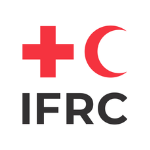
From 2020 to 2023 the Turkish Red Crescent and the IFRC, with funding from the European Union, implemented the Emergency Social Safety Net (ESSN) – which was the largest humanitarian cash programme in the world.
Via the ESSN, more than 1.5 million refugees living in Türkiye received regular monthly cash assistance, enabling people to decide for themselves how to cover their essential needs such as food, rent, medicine, transport and other bills. In 2023 the programme was handed over to the Turkish Ministry of Family and Social Services, who continue implementing the now renamed Social Safety Net (SSN) programme in partnership with the Turkish Red Crescent.
Click here to access the IFRC Go Platform Dashboard for Turkiye
ESSN Learning Exchange
In December 2023 the IFRC and Türk Kızılay organised an Emergency Social Safety Net (ESSN) Learning Exchange event, with the support of the Cash Hub. The event, held in-person in Ankara and attended by remote participants online, was a part of proceedings marking the formal conclusion and handover of the ESSN.
The overall aim of the Learning Exchange was to use experience from ESSN implementation to contribute to the broader body of knowledge on humanitarian emergency cash and social protection programming.
Key sessions looked at the ESSN journey since its inception in 2016; community engagement and accountability (CEA) in large-scale CVA programming; innovative uses of data supporting ESSN design and implementation; programme adaptability and shock responsiveness; the value of positive campaigning via lessons from the ESSN’s unique story telling project; and at enablers for the successful implementation of a large-scale nexus programme.
Find out more here
ESSN Learning Hub: all the key resources produced by Türk Kızılay and the IFRC
ESSN monthly reports: key programmatic highlights
Kahramanmaraş Earthquake response: Find the latest resources
After the earthquake: Rapid Market Mapping and Minimum Expenditure Basket (MEB) analysis

21 July 2019
Refugees in Turkey – Livelihoods Survey Findings (2019)
Type:
ResearchOrganization:
Turkish Red Crescent (Türk Kızılay), WFPThis survey provides additional evidence to inform the design of the transition from basic needs assistance to more sustainable livelihoods opportunities for refugees in Turkey. The survey sample is drawn from the ESSN applicant pool and aims to assess the potential for refugee integration into Turkish labour markets, as well as to identify key constraints. The survey was conducted among ESSN beneficiaries and ineligible applicants from 19 provinces in Turkey.
21 July 2019
Vulnerability and protection of refugees in Turkey
Type:
ResearchOrganization:
Turkish Red Crescent (Türk Kızılay), WFP, World BankThis report provides a comprehensive view of the vulnerability situation of refugees eligible for ESSN and an assessment of how well ESSN targets, supports, and protects the most vulnerable refugees. The timing of the analysis takes place after programme eligibility is determined but before transfers are disbursed. Future work will focus on the impact of transfers.
23 April 2019
ESSN Post-Distribution Monitoring Report Cross-Section Round 2 (PDM 5)
Type:
ReportOrganization:
ECHO, Turkish Red Crescent (Türk Kızılay), WFPThis report provides an assessment of the effects of the ESSN assistance on beneficiary households over the course of two years, using data of refugees living off-camp before and after receiving ESSN cash assistance. These results present findings from three surveys: Pre-Assistance Baseline (PAB), Post-Distribution Monitoring (PDM) Cross Section Round 1 (CS1) and PDM Cross Section Round 2 (CS2)
1 March 2019
Emergency Social Safety Net (ESSN) Programme Technical Analysis Report
Type:
ReportOrganization:
Turkish Red Crescent (Türk Kızılay)This report analyses the ESSN programme and covers the first quarter of 2019. The ESSN programme has been targeting vulnerable refugees population living in Turkey since November 2016.
23 August 2018
Lessons Learned Exercise: Emergency Social Safety Net (ESSN) Task Force Coordination in Turkey
Type:
LearningOrganization:
European Commission, Food Security Cluster, Norcap, Turkish Red Crescent (Türk Kızılay), WFPThis Lessons Learned Exercise (LLE) focuses on the coordination work and relations building carried out by the Task Force since it was established in December 2016. It looks at how the Task Force achieved its objectives by engaging with humanitarian actors outside of the ESSN and the various coordination mechanisms created to assist refugees in Turkey. Key findings are organized according to: what worked well; gaps/risks; and key takeaways, under three main criteria: (1) relevance/appropriateness; (2) effectiveness; and (3) interconnectedness and sustainability of engagements.
21 August 2018
Emergency Social Safety Net (ESSN) Programme Vulnerability Profiling 2018
Type:
ResearchOrganization:
ECHO, Turkish Red Crescent (Türk Kızılay), WFPThe primary objective of this analysis is to inform the technical design of the ESSN programme in 2019 and beyond, and to support evidence-based decision making for the selection of eligible households. The analysis builds upon a large amount of data collected through the ESSN and aims to answer core vulnerability questions, to provide evidence to refine the targeting criteria used, and to estimate how many refugee households have the potential to ‘graduate’ into livelihoods programming.
Page 6 of 8


